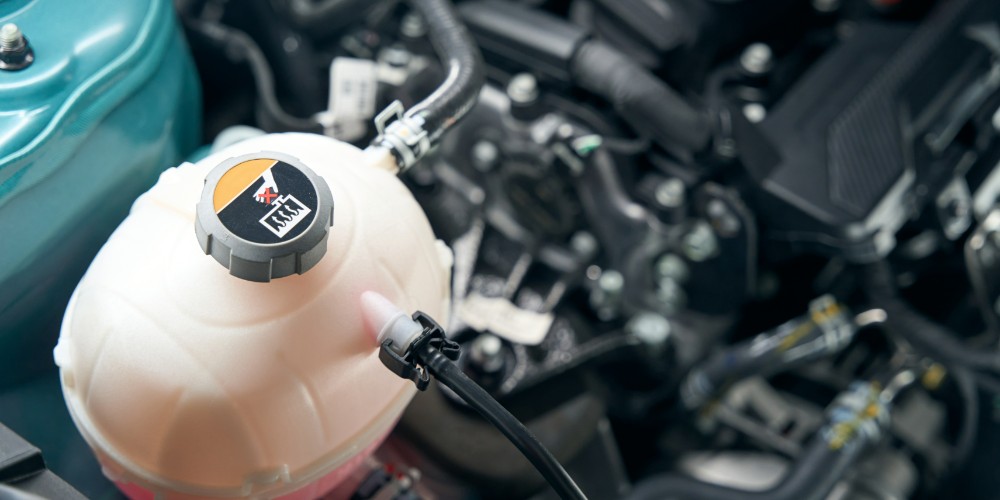Navigating the world of car finance with a guarantor can be tricky, especially if you’re unsure about the role guarantors can play. If you’re contemplating having a family member or close friend as a guarantor for your car finance, here’s what you need to know.
What is a guarantor?
A guarantor is a person who agrees to repay the borrower’s debt if the borrower fails to do so. Essentially, they offer a safety net to lenders, providing assurance that the loan will be repaid. Guarantors can be beneficial for individuals who might not be approved for car finance based on their financial history alone.
Who can be a guarantor?
When considering who can be a guarantor, the primary focus is usually on their financial stability rather than their relationship with the borrower. However, in practice, many people turn to those they know and trust. As such:
- Family members: Yes, family members, including parents, siblings, or even extended family, can act as guarantors as long as they meet the lender’s criteria. It’s a common practice, especially for young drivers or those without a credit history.
- Close friends: Similarly, a trustworthy friend can also be a guarantor. But it’s essential that both parties understand the implications and responsibilities involved.
- Colleagues or acquaintances: Some people might consider asking colleagues or more distant acquaintances. However, it’s crucial that trust is well-established, as the guarantor’s finances are on the line.
Requirements for a guarantor
Not just anyone can become a guarantor. There are specific criteria they must meet:
- Good credit history: The guarantor should have a stable and positive credit history. Lenders will be reassured if they see that the guarantor has managed their finances well.
- Age: Typically, guarantors should be between 21 and 75 years old, although this can vary by lender.
- Financial stability: Guarantors need to prove they can afford the repayments if the borrower fails to do so. This might involve providing proof of income or undergoing a financial assessment.
- UK residency: Most lenders require the guarantor to be a UK resident with a UK bank account.
Risks involved
It’s important for both the borrower and the guarantor to understand the risks involved:
- Financial impact on the guarantor: If the borrower fails to make repayments, the guarantor is legally obliged to step in. This can strain the guarantor’s finances.
- Relationship strain: Mixing finances with personal relationships can lead to tension or misunderstandings if problems arise.
- Impact on guarantor’s credit score: If both the borrower and the guarantor fail to make repayments, it could negatively impact the guarantor’s credit score.
Having a family member or close friend act as a guarantor can be an excellent way for individuals with less than perfect credit history to secure car finance. However, it’s essential to ensure that all parties understand the responsibilities and potential implications involved.
If considering this route, it’s always a good idea to have open and transparent conversations with potential guarantors. Moreover, seeking advice from financial advisors or professionals can provide clarity and ensure that everyone’s interests are protected.






